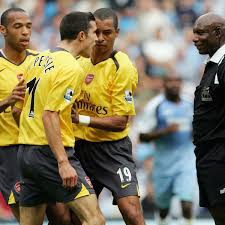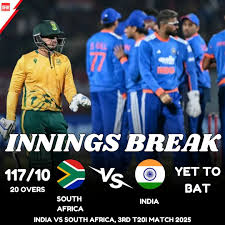The Legacy of Uriah Rennie in Football

Introduction
Uriah Rennie, a name synonymous with English football officiating, has left an indelible mark on the sport. Renowned for his firm but fair approach, Rennie’s career spanned over 20 years in the top tiers of English football. His experiences and decisions during high-pressure matches are often remembered, making him a significant figure in the game. Understanding Rennie’s impact helps illustrate the vital role referees play in maintaining the integrity and flow of football.
Career Overview
Born on December 21, 1964, in Nottingham, England, Uriah Rennie began his refereeing career in local leagues, quickly ascending the ranks due to his keen understanding of the game and his ability to handle players. By 1993, he had made his debut in the Football League and was appointed to officiate Premier League matches starting in the 1996-97 season. During his tenure, Rennie officiated more than 200 Premier League games, as well as pivotal matches in domestic cup competitions.
Notable Matches and Controversies
Rennie’s experience on the pitch saw him involved in several notable matches, including a dramatic encounter between Arsenal and Manchester United. His decision-making and ability to manage conflict were tested in high-intensity games where emotions ran high. One of his most infamous moments came during a Premier League clash when he controversially sent off a key player for a foul deemed reckless. While criticized by some fans, his decisions often highlighted the fine line referees must walk in enforcing the rules while keeping the game enjoyable.
Retirement and Impact
Rennie retired from officiating in 2009, leaving behind a legacy of professionalism and dedication. His contributions have paved the way for aspiring referees, emphasising the importance of comprehensive training and conflict resolution skills in officiating. Following his retirement, he has remained active in football-related discussions, offering insights into the challenges referees face and the technological advancements that are changing how the game is officiated, such as VAR (Video Assistant Referee).
Conclusion
Uriah Rennie’s journey through the world of football highlights the complexities of officiating at the highest level. As football evolves, the role of referees like Rennie will continue to be pivotal in shaping the dynamics of the game. The future may bring more changes in officiating, but the standards set by figures like Rennie ensure that the integrity of the sport remains intact. As fans, understanding the challenges faced by referees can foster a greater appreciation for the game and the fair play it stands for.









